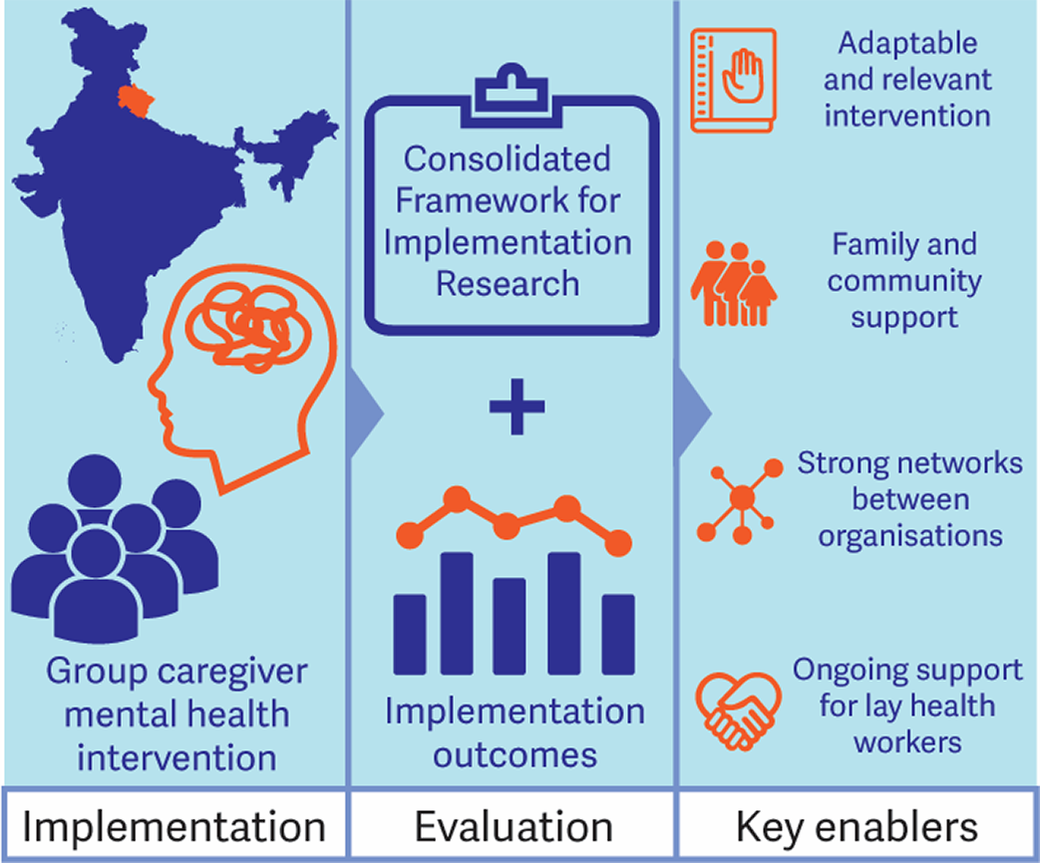
In recent years, mental health care has made significant strides toward inclusivity, thanks in large part to groundbreaking research. By identifying gaps and implementing evidence-based solutions, researchers are driving a shift toward more accessible, equitable, and effective mental health care for individuals from diverse backgrounds. Below are five key ways research is advancing inclusivity in mental health care.
Pioneering Culturally Sensitive Therapies
Cultural awareness is essential to delivering effective mental health care. Research has played a pivotal role in creating therapies that honor and integrate diverse traditions, beliefs, and social contexts. These culturally sensitive approaches address major challenges such as stigma, language barriers, and cultural stressors, making mental health interventions more relevant and impactful. By tailoring treatments to align with individual experiences, these therapies build trust and improve outcomes for people across a wide range of communities.
Expanding Access Through Digital Innovation
Technological advancements have revolutionized the way mental health care is delivered, dramatically increasing accessibility. Research has spearheaded the development of tools such as mental health apps, telehealth platforms, and online support systems, enabling individuals to access care anytime, anywhere. These innovations are particularly impactful for underserved and remote communities, breaking down barriers and fostering timely interventions while reducing stigma. Virtual therapy, self-guided programs, and interactive resources empower individuals to manage their mental health in a personalized, convenient way.
Overcoming Language Barriers
Language differences often pose significant challenges for individuals seeking mental health support, particularly when it comes to expressing emotions or navigating complex medical terminology in a non-native language. Research has led to the creation of multilingual resources and services in a wide array of languages, improving communication between practitioners and patients. By bridging linguistic gaps, these efforts ensure mental health care is inclusive and accessible, regardless of an individual’s language background.
Advancing Equity for Marginalized Communities
Marginalized groups, including LGBTQ+ individuals, refugees, and people with disabilities, face significant barriers to mental health care. Research has highlighted these challenges and driven change through clinician training, cultural competency, targeted outreach, and inclusive policies. These efforts aim to make mental health care more equitable and supportive for underserved communities. Esperanza Community Health Center in Philadelphia provides affordable, high-quality medical and mental health services, focusing on the Latinx community. With bilingual staff and culturally sensitive care, Esperanza ensures individuals feel supported. Programs like behavioral health integration and youth initiatives tackle challenges faced by underserved groups, improving access to care.
Fighting Stigma Through Education and Awareness
Stigma continues to be a major obstacle, preventing many from seeking the mental health support they need. Research-backed awareness campaigns are tackling this issue head-on by promoting education, challenging harmful stereotypes, and fostering open conversations about mental health. These initiatives encourage individuals to prioritize their well-being while cultivating a more informed and compassionate society. Through advocacy, community engagement, and education, they are dismantling stigma and empowering people to seek the care they deserve.
Dr. Hudson Psychiatrist dedicated to improving mental health care through evidence-based practices and compassionate solutions. Dr. Craig Hudson, a graduate of the University of Toronto, brings over 30 years of expertise in advancing CNS research to enhance treatments for mental health conditions. Through ongoing research, the mental health care system is evolving to overcome cultural, technological, and systemic barriers, paving the way for a more inclusive and equitable future for all.
